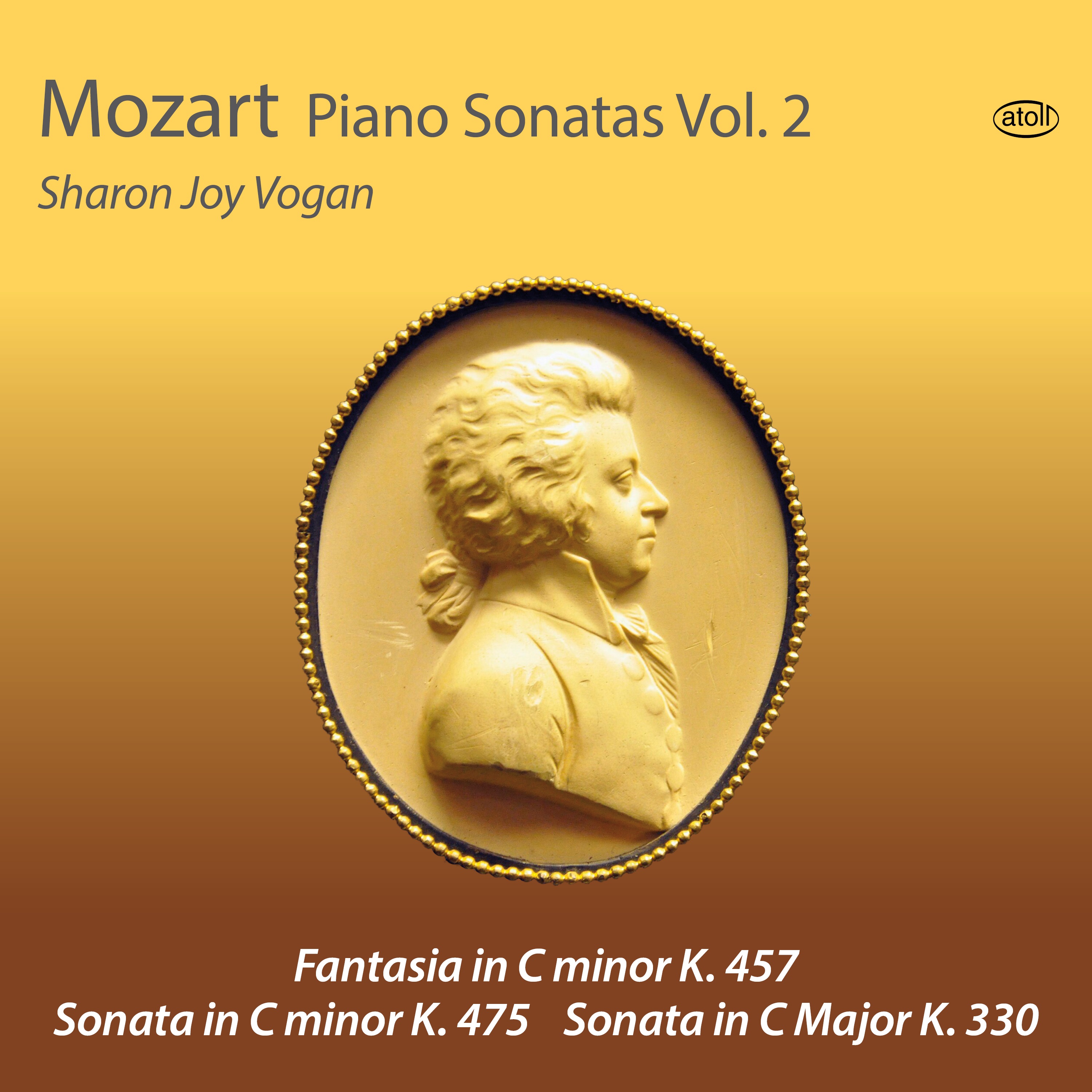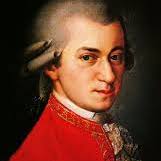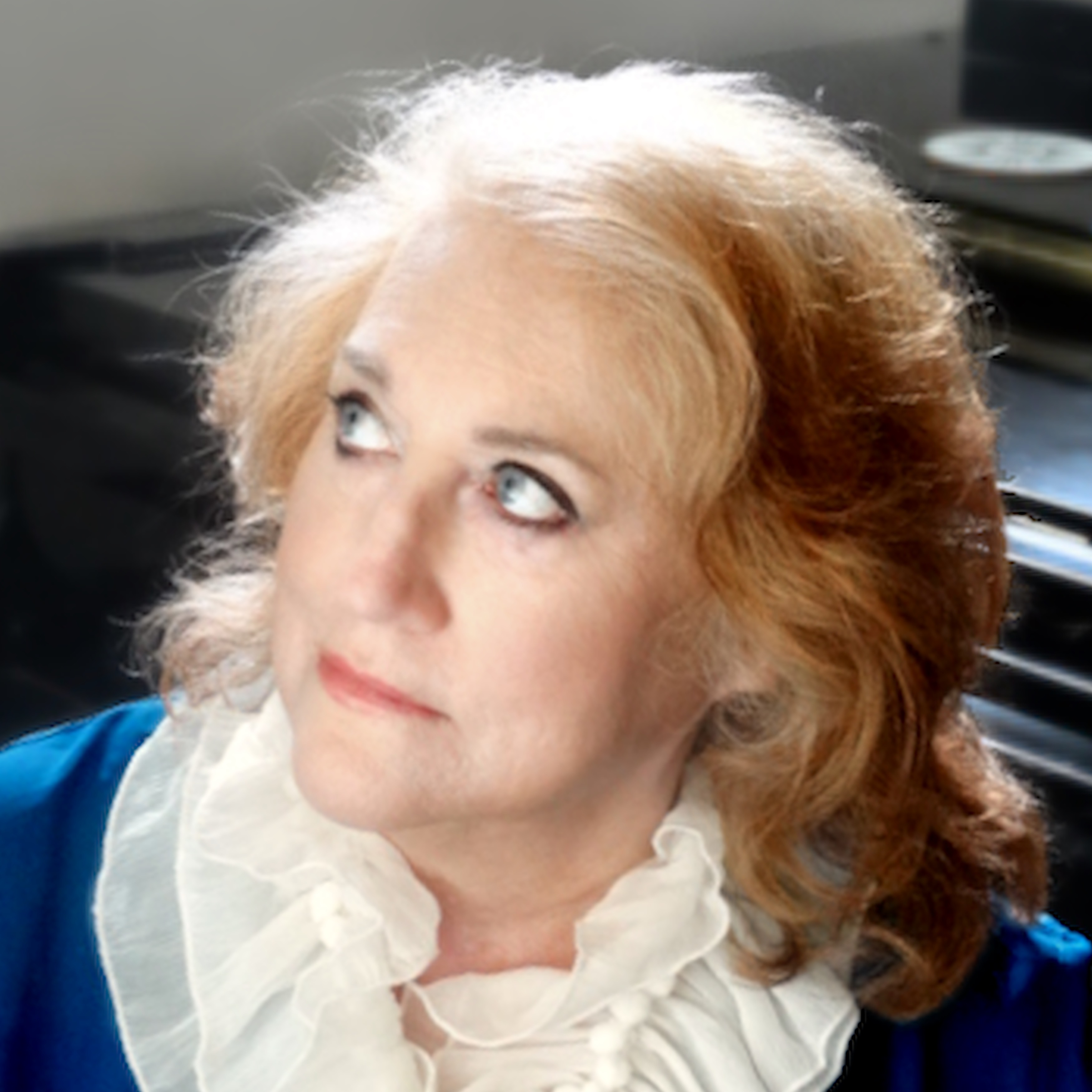Buy:
|
1. |
Fantasia in C Minor K.475
Wolfgang Amadeus Mozart |
12:40 |
|
|
2. |
Sonata in C minor K.457
Wolfgang Amadeus Mozart |
20:49 |
|
|
3. |
Sonata in C Major K.330
Wolfgang Amadeus Mozart |
21:51 |
By the late 1770’s, Mozart was growing increasingly tired of Salzburg. He took every opportunity to find a permanent position elsewhere. Concerned about Wolfgang’s financial situation, his father, Leopold, secured a position for him in Salzburg, but Mozart continued to find life restrictive, and lacking in stimulation. He visited Vienna in 1781 and against his father’s wishes, he decided to remain there. He found lodgings with the Weber family from past acquaintance. Mozart achieved a great deal of success in Vienna for a couple of years, learning to market himself as composer and performer. He agreed to the famous ‘duel’ between himself and Clementi, and this introduced Mozart to Viennese audiences. Baron von Swieten became a friend; he had acquired some original compositions by JS Bach. Mozart became fascinated with Bach’s music and visited von Swieten regularly. While living with the Weber family, Mozart grew fond of the third daughter, Constanze. His father objected to the union and would not give his blessing to a marriage. Wolfgang found different lodgings and he and Constanze started living together, which upset Constanze’s mother. To Wolfgang’s dismay, she considered calling the police to ‘rescue’ her daughter. Wolfgang sent a final, pleading letter to his father who finally relented, and Wolfgang and Constanze married in St Stephen’s Cathedral on August 4th, 1782 - one day before Leopold’s letter of consent arrived in the post! After everything settled down again, it seemed as though the move to Vienna, with independence from his father and the absorption of fresh ideas, sparked within Mozart a renewal of creative energy. He bought a new fortepiano, capable of superior sound and expression. He managed to line up several commissions and performances. Wolfgang and Constanze were very happy together and in 1783, they had a baby, Raimund - ‘a fine, plump boy!’ A few months later, they left Raimund with a wet nurse and visited Leopold and Mozart’s sister, Nannerl. However, Wolfgang’s family were barely polite to Constanze. Then came the tragic news that their son Raimund had died. With heavy hearts, Wolfgang and Constanze returned to Vienna. After reaching home, Wolfgang became ill for at least a month. He wrote, ‘We are both really suffering regarding our dear little boy’. In the early part of 1784, Mozart continued to compose feverishly and then, later that year, he produced the extraordinary Fantasia and Sonata in C minor. Many consider it to be the most important of all piano works



